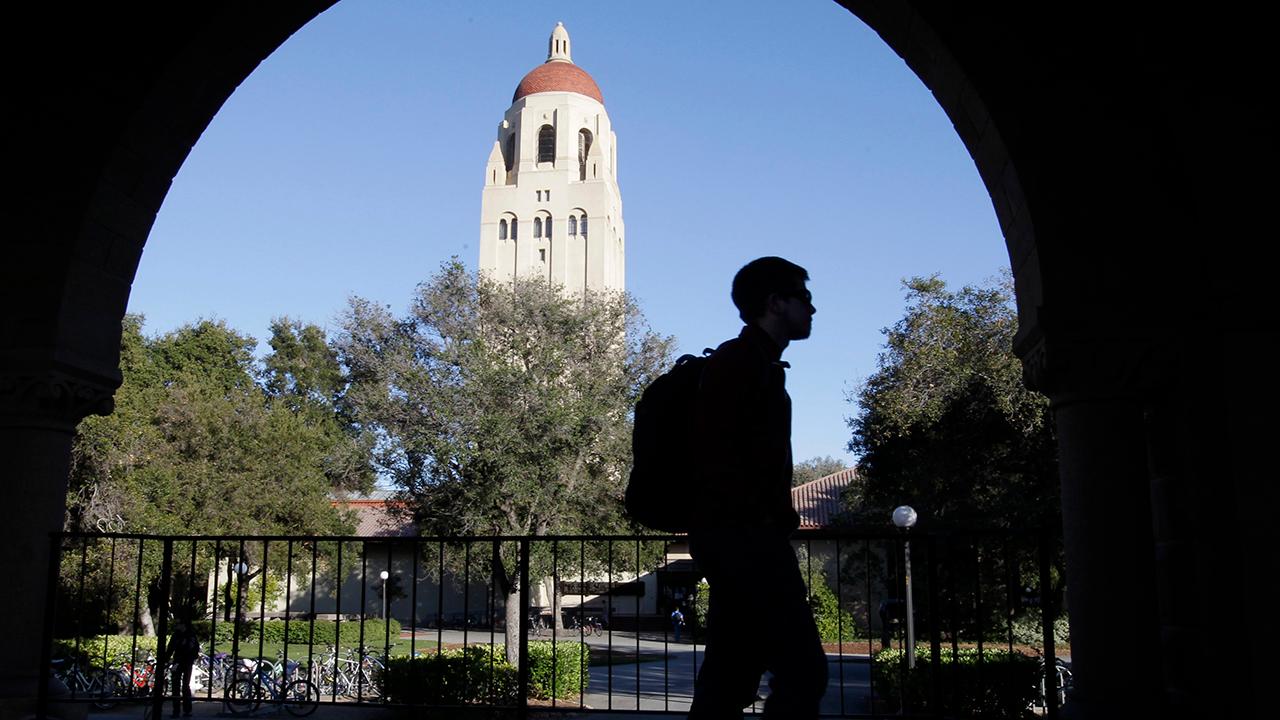Student debt canceled? Your taxes might not be
As student loan debt burdens mount among Americans, lawmakers are looking at proposals to wipe those obligations out entirely – but some people may still be on the hook for taxes.
Independent Vermont Sen. Bernie Sanders and Democratic Massachusetts Sen. Elizabeth Warren – both of whom are running for the Democratic Party’s nomination in 2020 – have unveiled recent plans to completely wipe out the debts of student borrowers.
Outstanding student loan debt has doubled over the past decade to more than $1.5 trillion in 2018 and is now second only to the amount of mortgage debt held by Americans. It has been named as a contributor to declining home ownership rates among young adults.
“It’s a big issue,” Jane Scaccetti, cofounder of tax accounting firm Drucker & Scaccetti, told FOX Business. “People are coming out of school and they have unbelievable amounts of debt.”
But even if Sanders and Warren got their way to completely eliminate student debt loads, some borrowers would still owe the IRS.
When a loan is forgiven, people are typically required to report it on their tax returns as income. The taxes would affect types of loans differently, however. For example some federal loans – including those under the teacher loan forgiveness programs – would not be subject to taxes, Andrew Pentis of Student Loan Hero told FOX Business. However, programs like income driven repayment plans would be.
Pentis noted that a borrower who was forgiven on $30,000 worth of student loan debt on an income driven payment plan could take a tax hit close to $10,000 depending on the tax bracket.
Forgiven private loans would largely be subject to taxes.
Another person that has $50,000 in student loans forgiven, who belongs to the 20 percent tax bracket would have a $10,000 tax liability, Scaccetti said – assuming this person is not considered disabled and has not died.
Tax-owing borrowers would be contacted by either a loan servicer contracted by the Department of Education or the entity forgiving their debt, and sent an IRS form 1099-C.
Pentis noted that private loan forgiveness programs are much harder to come by. The good news for most people is that federal loans account for $1.439 trillion of the $1.56 trillion in total student loan debt, according to data from Student Loan Hero.
Exclusions from taxes are granted to those who are considered insolvent – which occurs when liabilities exceed assets. So, for example, if your loans were $50,000, but you have $10,000 in the bank, the loan amount would not be taxed. That is likely to be the case for many young borrowers.
Scaccetti said that if a big loan forgiveness plan is passed, people may also sue to avoid reporting their forgiveness as income.
There are also other problems with completely wiping out current student debt loads, Scaccetti noted. Many people converted their federal loans into private loans to get better rates, for example. Others have paid off their loans, while some parents borrowed from their mortgages so they didn’t have to take out loans for their children. Now, Scaccetti noted, those parents may have no equity – or negative equity – in their home.
CLICK HERE TO GET THE FOX BUSINESS APP
James McGrory, a tax professional at Drucker & Scaccetti, also noted that some people made college decisions based on the idea that they would have to repay loans upon graduation – for example some people may have chosen to attend community college instead of a private institution, possibly lowering their job prospects or earnings potential.
However, if you are a borrower that is close to receiving student loan forgiveness, Pentis said it is worthwhile to consult a tax professional, particularly because state tax offices may also be involved – depending on where you live.




















